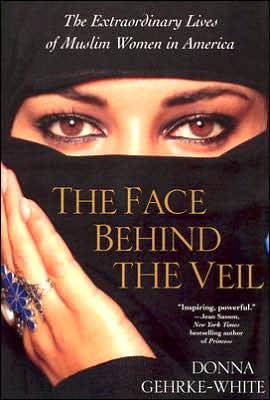Half of a Yellow Sun
 Title: Half of A Yellow Sun
Title: Half of A Yellow Sun
Author: Chimamanda Ngozi Adichie
Year: 2006
Rating: A-
Country: Nigeria
Pages: 435 pgs. Book From: Public Library
I read Half of A Yellow Sun for my Reading Across Borders challenge. Travelling on from Austria, I hop across the Strait of Gibraltar, trekking across the Sahara to eventually arrive in Nigeria. I arrive in 1960's Nsukka, a small university town in the southeastern, largely Igbo region. Once there, I meet Odenigbo, a Nigerian professor; Olanna, his mistress who is from an elite Nigerian family; and Ugwu, a village boy that is employed as a houseboy in Odenigbo's home.
1960's Nigeria is one of turmoil. This epic story follows the plight of Odenigbo, Olanna, and Ugwu, as they are caught in the middle of the Biafran War. Following discrimination and massacres against Igbo in northern Nigeria, the south-eastern provinces of Nigeria seceeded to form their own nation of Biafra. What follows, both in history and this novel, is a brutal civil war in which hundreds of thousands lose their homes, are forced to flee numerous times, and ultimately face starvation and disease.
As Caribousmom has said, this is not a feel good novel. It is a novel about the realities of a post-colonial nation burdened by distinctions of class, race, and ethnicity. It is a novel about the horrors of war. It is a novel about death and destruction. That Chimamanda portrays such devestating topics with such depth, clarity, and compassion, is a sign of a masterpiece. And ultimately, in many ways, it is a story about love and survival.
On the creation of Biafra and secession from Nigeria:
"Olanna watched them and realized with a sweet surge that they all felt what she felt, what Odenigbo felt, as though it were liquid steel instead of blood that flowed through their veins, as though they could stand barefoot over red-hot embers."
The moment when regular people become refugees:
"Evacuate now! The federals have entered Nsukka! We are evacuating now! Right now! I am going to all the houses occupied. Evacuate now!"... "Gini? What things?" Olanna asked "What will I take?" Baby started to cry. There was the sound again, boom-boom-boom, closer and louder. "It won't be long, we'll be back soon. Just take a few things, clothes." Master gestured vaguely before he grabbed the car keys from the shelf.
On class distinction:
She hoped Professor Achara had found them accommodation close to other university people so that Baby would have the right kind of children to play with.
On war:
He writes about the world that remained silent while Biafrans died...In the United States, Biafra was "under Britain's sphere of interest." In Canada, the prime minister quipped, "Where is Biafra?" The Soviet Union sent technicians and planes to Nigeria, thrilled at the chance to influence Africa without offending America or Britain. And from their white-supremacist positions, South Africa and Rhodesia gloated at further proof that black-run governments were doomed to failure.
-and-
"The world has to know the truth of what is happening, because they simply cannot remain silent while we die."









